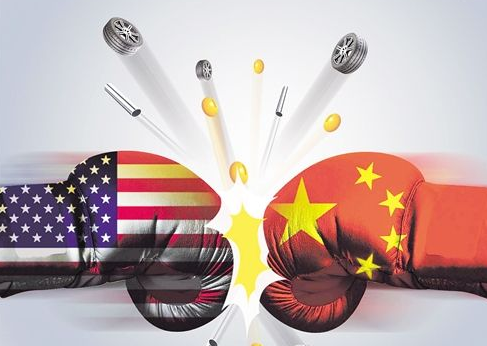China has recently imposed an export ban on key minerals to the United States, including gallium, germanium, antimony and graphite, in the latest move in the escalating trade friction between the two countries.

Impact on global supply chains
The semiconductor industry is particularly sensitive to China's export restrictions as it grapples with supply chain complexity challenges brought on by the pandemic and geopolitical tensions. The world's top semiconductor manufacturers, such as Global Foundries, Micron Technology, AMD, TSMC and Intel, are highly dependent on an intricate global supply chain network for raw materials, components and manufacturing equipment. A disruption in China's supply of key minerals could further exacerbate existing resource shortages, drive up costs, delay product launches and affect the profitability of these companies.
All major electronics and semiconductor manufacturers have listed "potential disruptions to China's mineral supply chain" as one of the key risk factors affecting their production and procurement operations in their annual reports. As a leader in the memory chip industry, Micron has been affected by China's restrictive policies.
In the process of implementing its global production base balanced layout strategy, Intel is still inevitably affected by China's export ban. As the supply chain system that the company relies on is complex and many suppliers are concentrated in Asia, once the supply chain of key minerals in China is interrupted, Intel's production capacity will be impacted. This may not only hinder its grand manufacturing expansion plan, but also face the risk of rising costs.
